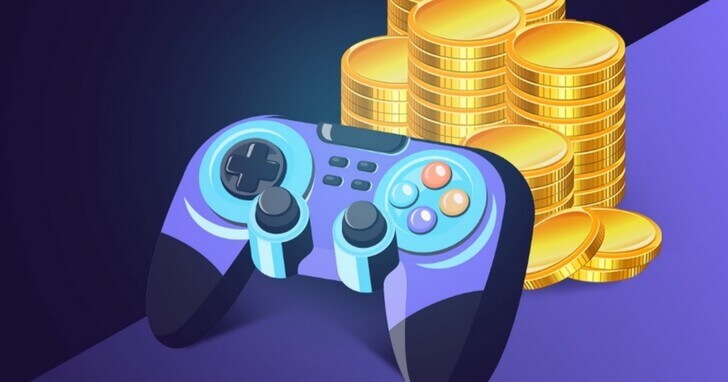
GameFi and its Connection to Blockchain Gaming Startups
Blog Introduction: In the world of video gaming, in-game items and other digital assets have always been a source of frustration for game developers. While these digital assets can be created and managed relatively easily, they are often difficult to properly monetize. Additionally, these digital assets are often subject to theft and fraud. However, a new startup called GameFi is looking to change all that by utilizing blockchain technology.
Blockchain is best known as the underlying technology behind Bitcoin and other cryptocurrencies. However, blockchain has a wide range of potential applications beyond just cryptocurrency. One such application is in the area of video gaming. By utilizing blockchain, GameFi intends to create a marketplace for in-game items that is secure, transparent, and easy to use.
How Does it Work?
GameFi works by creating what is known as a “smart contract” on the Ethereumblockchain. This smart contract functions as an escrow account of sorts, holding onto game items until they are sold. Once an item is sold, the funds are immediately transferred to the game developer’s wallet. This system eliminates the need for a third-party intermediary (such as Steam or Xbox Live) and allows for near-instantaneous transactions.
What Are The Benefits?
For game developers, the benefits of using GameFi are clear. By utilizing blockchain, GameFi offers a secure and convenient way to monetize in-game items. Moreover, because blockchain is decentralized, there are no transaction fees associated with using NFT Art. This could potentially lead to more revenue for game developers, as they will keep more of the proceeds from sales of in-game items. In addition, because blockchain is transparent, game developers will have access to detailed data about who is buying their in-game items and how much they are spending. This data can be used to make informed decisions about future game development.
For gamers, the benefits of using GameFi are also significant. First and foremost, GameFi offers a safe and secure way to buy and sell in-game items. Unlike traditional marketplaces (such as eBay), there is no risk of fraud or scams when using GameFi. Additionally, because blockchain is decentralized, there is no need to worry about government regulators shutting down the marketplace (as has happened with past attempts at creating a centralized marketplace for in-game items). Finally, because GameFi utilizes smart contracts, gamers can be confident that they will receive their purchased items immediately after payment has been made.
Conclusion: Overall, GameFi looks like a promising solution for both game developers and gamers who want to buy/sell in-game items. By utilizing blockchain technology, GameFi offers a secure, transparent, and convenient marketplace for these digital assets. It will be interesting to see how this startup grows and develops over time.


